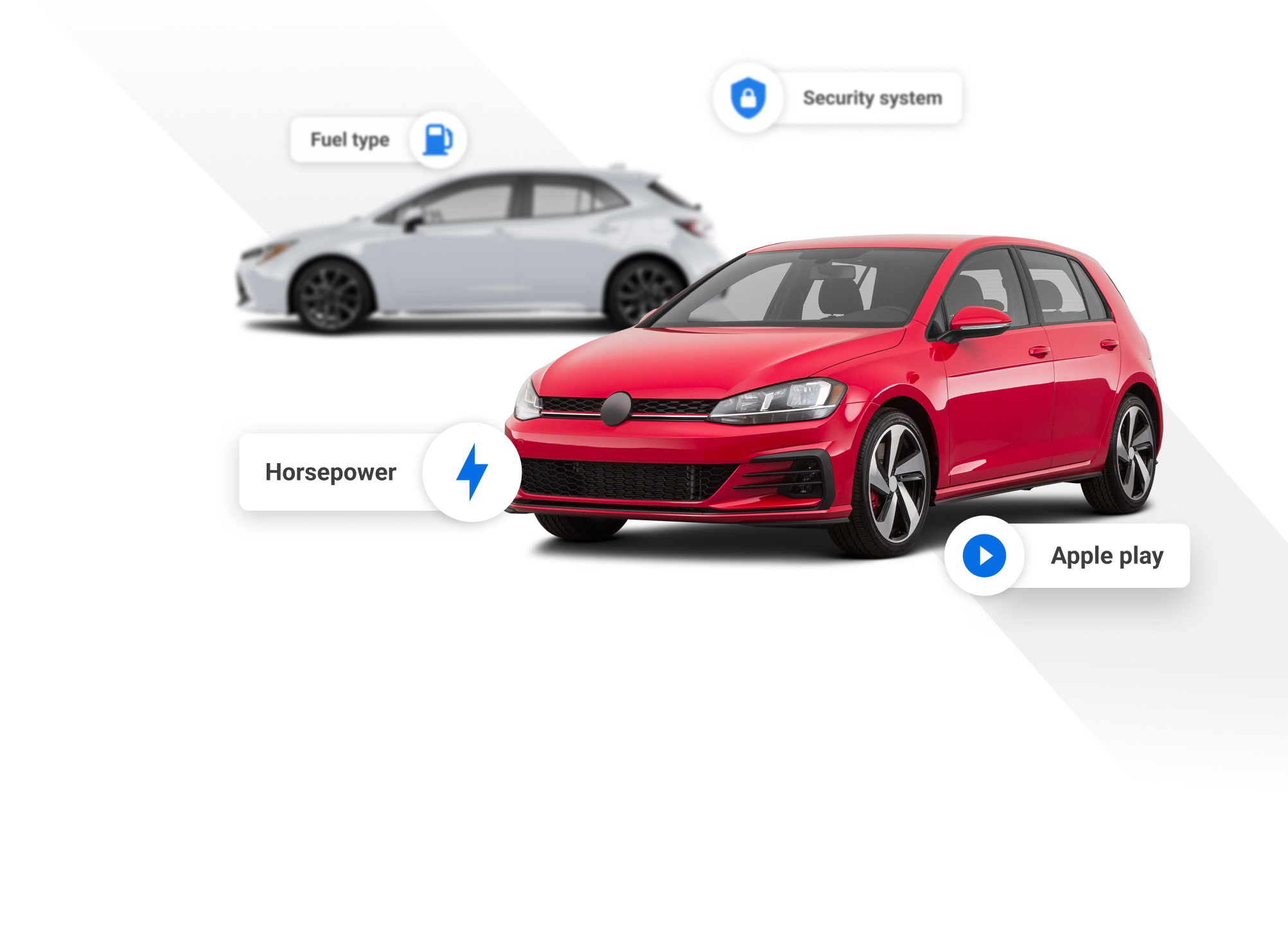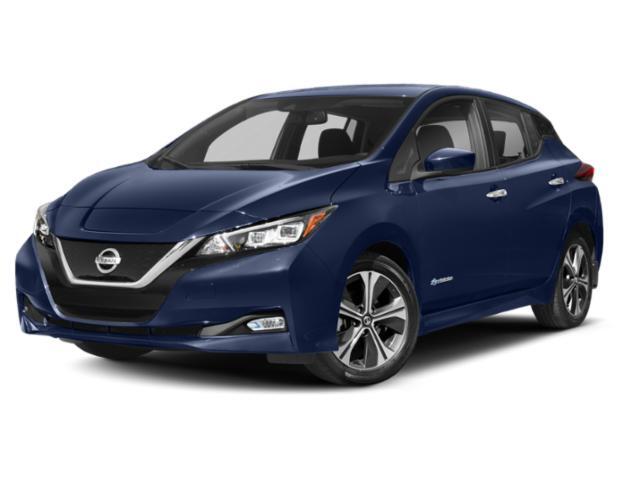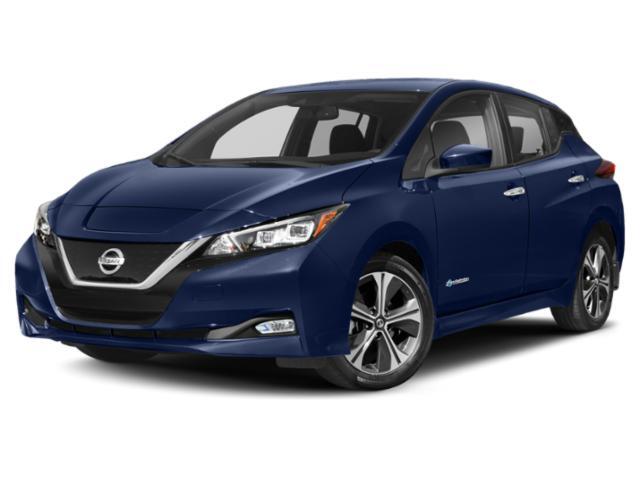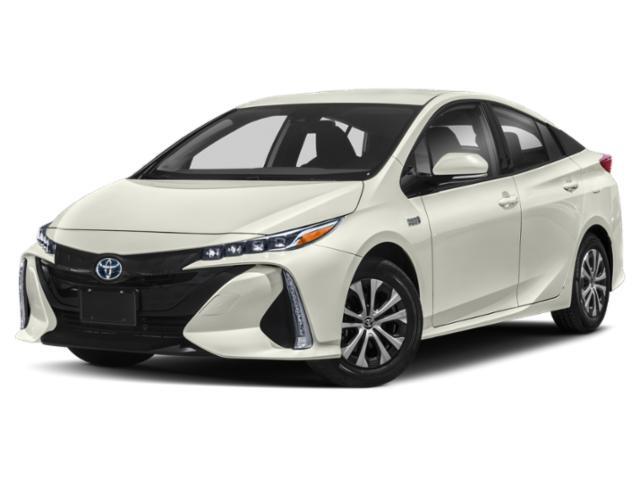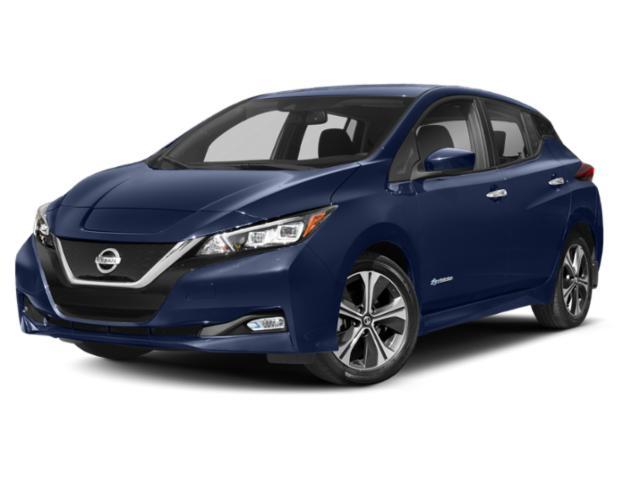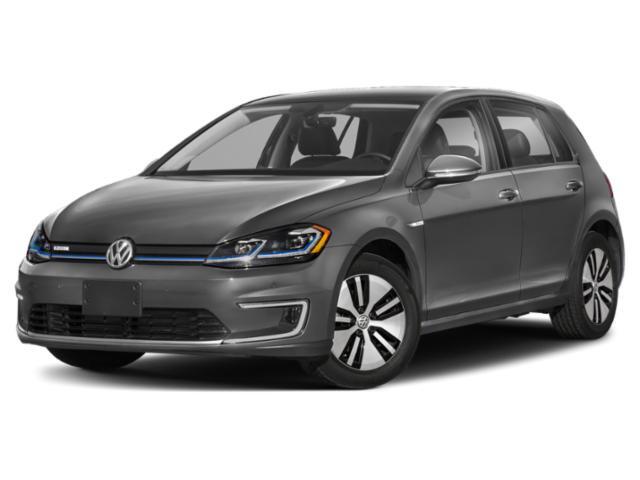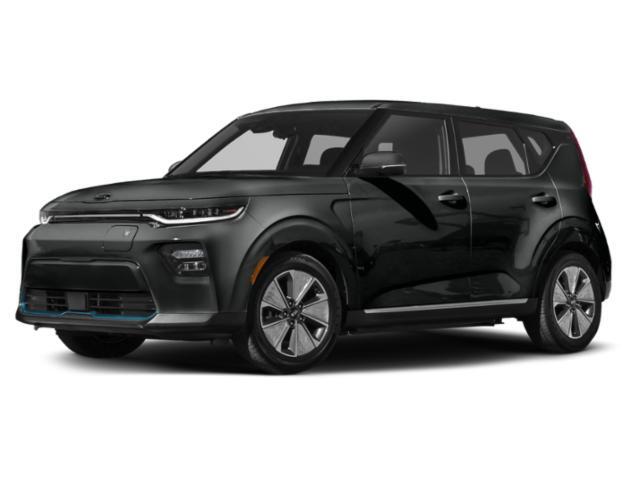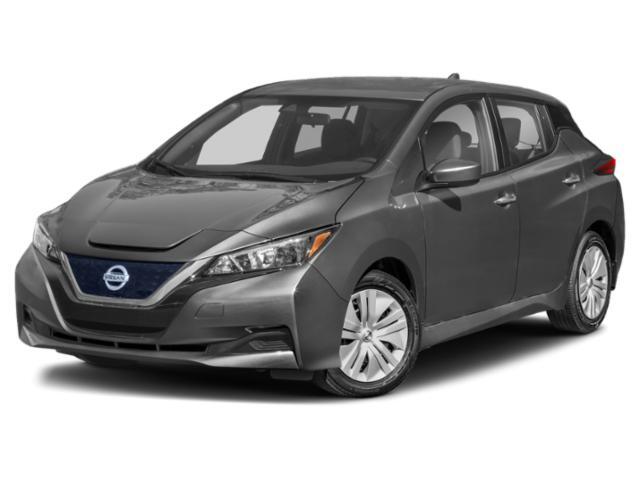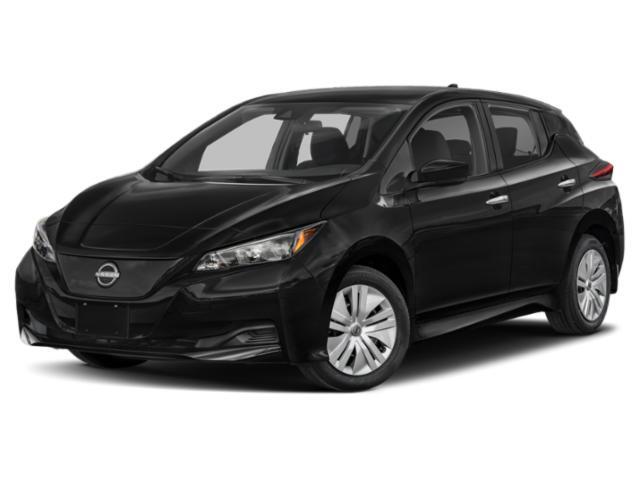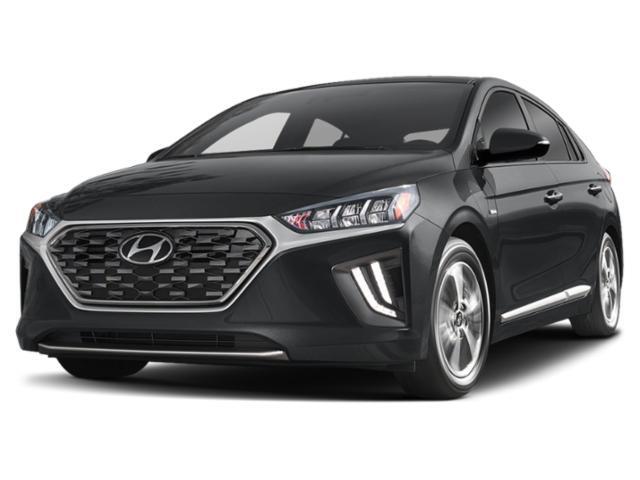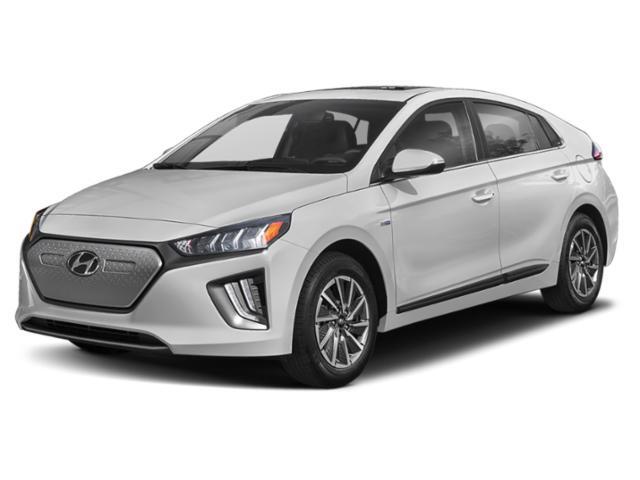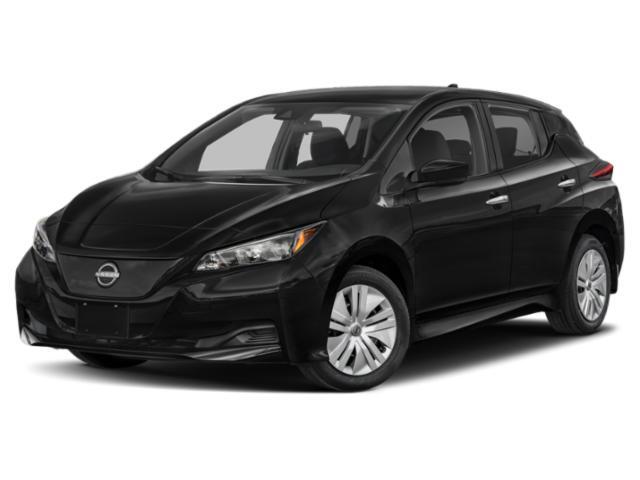
2020 Hyundai Ioniq Electric

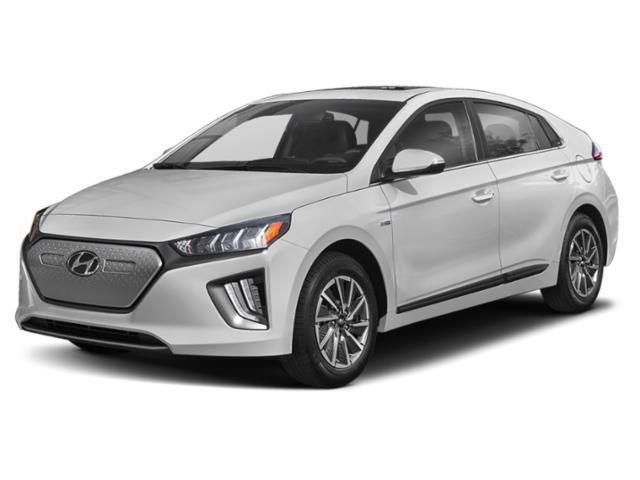
Key Specifications for 2020 Hyundai Ioniq Electric






Buyer’s Guide
History/Overview
As its name indicates, the Ioniq Electric is the battery-powered version of Hyundai's first all-electric model. Introduced in 2017, the Ioniq also comes in hybrid and plug-in hybrid variants, which are covered in separate buyer's guide entries.
What's New / Key Changes from Last Year
The most significant change is the Ioniq Electric's larger battery pack, which adds nearly 75 km of driving range, for a new total of nearly 275 km. There's also a new charging system that reduces recharging time, and a revised drive system that provides 134 hp, up from 2019's total of 118 hp.
Hyundai has also given the Ioniq Electric a styling update, a new gauge cluster and dash/console covers, touchscreen A/C controls, and a 10.25-inch infotainment screen with navigation.
Other new features are optional wireless smartphone charging and a driver attention warning.
Available Trims
Hyundai offers the Ioniq Electric in Preferred and Ultimate trims. Both use an electric motor that drives the front wheels through a single-speed transmission.
Standard Features
Ioniq Electric Preferred's exterior features are automatic on/off headlights, LED daytime running lights and taillights, and heated side mirrors.
Standard safety kit includes tire pressure monitoring, forward collision/pedestrian/cyclist warning with automatic braking, lane keeping assist, driver attention warning and lane following and highway driving assists.
Inside, there are heated front seats with six-way manual adjustments, cloth upholstery, Bluetooth, Apple CarPlay and Android Auto, an eight-speaker stereo, navigation with a 10.25-inch touchscreen, leather-trimmed shifter and heated steering wheel, passive keyless entry, adaptive cruise control, an electric parking brake, dual-zone automatic climate control, a 7.0-inch digital gauge cluster display, and front map lights.
Ultimate trim adds all-LED interior lighting with ambient lighting, wireless smartphone charging, a sunroof, an auto-dimming rearview mirror, chrome interior and exterior door handles, faux-leather door and dash panels, an eight-way power driver's seat with memory, leather upholstery, LED headlights, and power-folding side mirrors with puddle lights.
Fuel Economy
Hyundai's energy consumption estimates for the Ioniq Electric are 1.6/1.9 Le/100 km (city/highway).
Competition
Two of the Ioniq Electric's competitors come from the Hyundai Motor Group itself in the form of the Kia Soul EV and Niro EV. Chevrolet's Bolt is another notable comparable, along with the Volkswagen e-Golf.
Review & Compare:
Photos

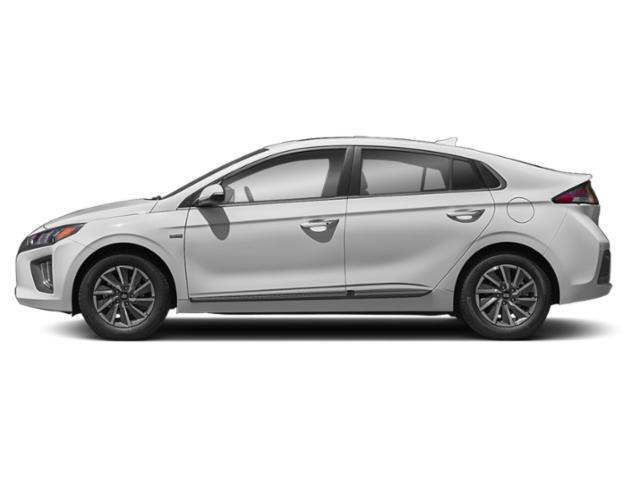


AutoTrader Review





